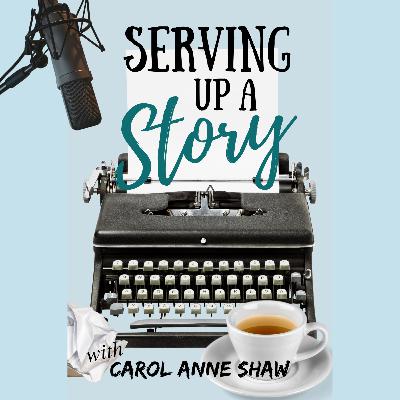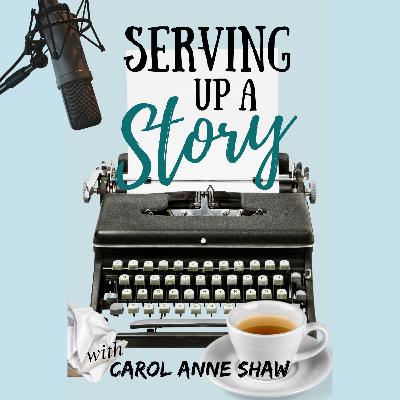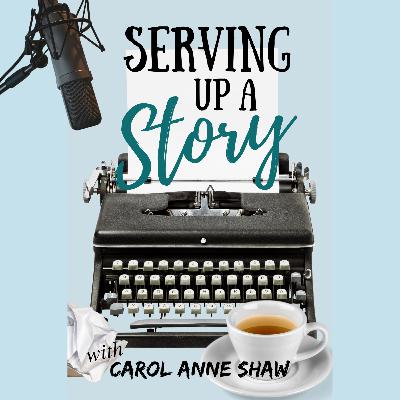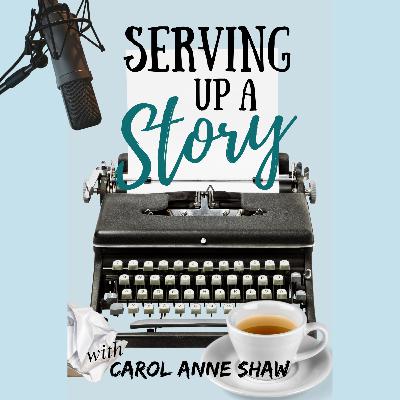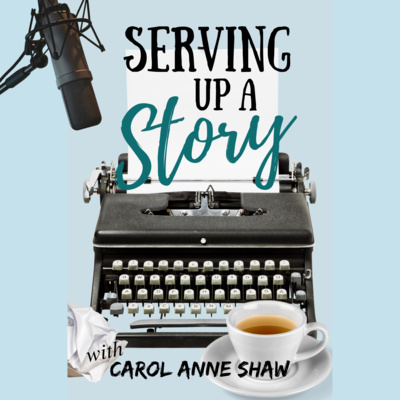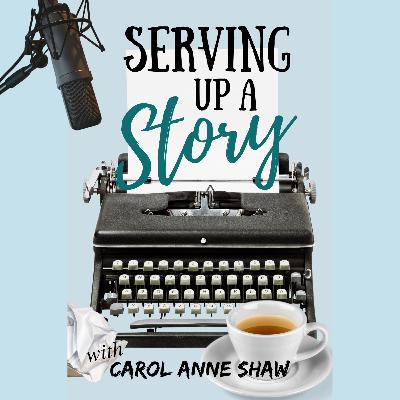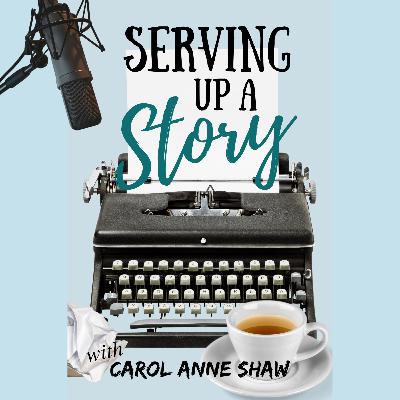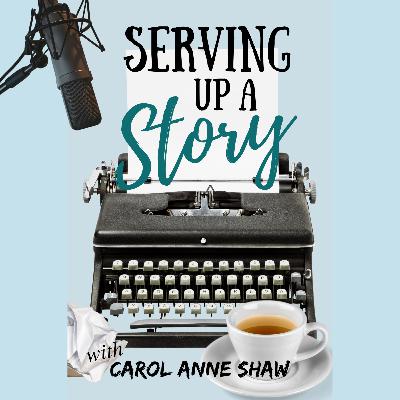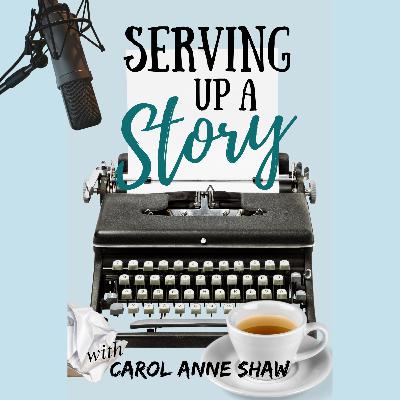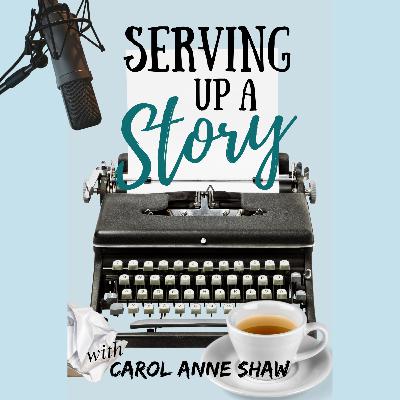Excuse Me, Your Participle is Dangling!
Description
Grammar. We love to hate it, but mastering it is an oh-so-necessary part of being a writer. In this episode, I share my grammatically-challenged entrance into the world of writing and publishing. It isn't pretty!
The 11 books below helped me transform from a pitiful punctuation putz to a glorious grammar nerd:
1. Eats, Shoots and Leaves, by Lynn Truss (She makes grammar fun. No. Really. She does.)
2. Sleeping Dogs Don’t Lay, by Richard Lederer and Richard Dowes (Both these guys are stellar wordsmiths.)
3. Writing Down the Bones: Freeing the Writer Within, by Natalie Goldberg (A timeless classic, this is more of a “process” book, and Natalie has some excellent tips to share.)
4. The Anatomy of Story: 22 Steps to Becoming a Master Storyteller, by John Truby (Another beloved classic. Truby offers a tried and true framework to help writers who produce work in all genres of the craft.)
5. The Right to Write, by Julia Cameron. (You know Julia, right? Remember The Artist’s Way? Well, this read is just as lovely. It’s a little book about creativity in general and how we can make writing a natural part of our daily lives.)
6. The Elements of Style Illustrated, by Strunk, White, and Kalman (Another vital resource that belongs on all writer’s top shelves. It’ll teach you to choose your words wisely, and the illustrations are gorgeous.)
7. Painless Grammar, by Rebecca Elliott, Ph.D (Exactly what it claims to be: painless.)
8. 20 Master Plots: And How to Build Them, by Ronald B. Tobias (You’ve all heard that old saying, “It’s been done,” right? Yep. It has been. And Tobias claims there are only 20 master plots from which all stories spring. It’s fascinating and full of great tips.)
9. The Chicago Manual of Style, by the University of Chicago Press (I hope I didn’t scare you when I mentioned this book earlier. It’s big. It’s heavy to digest, and it’s ALL ABOUT THE RULES.)
10. On Writing: A Memoir of the Craft, by Stephen King (Yep. Words of wisdom from the master himself. This book is GOLD; part writing advice, part memoir. You will read it over and over. You will.)
11. Save the Cat! Writes a Novel: The Last Book on Novel Writing You’ll Ever Need, by Jessica Brody (One of my all-time favourites — a book inspired by the age-old classic, Save the Cat!: The Last Book on Screenwriting You’ll Ever Need, by Blake Snyder. This book contains a helpful story-structure guide that will take you from your initial “ah-hah!” moment to the very last page of your novel. SO helpful.)

